Health & Environmental Equity
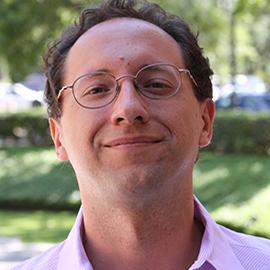
Dr. Dominic Boyer is collaborating with Harris County Precinct One on long term climate change vulnerability analysis and planning. Improving environmental and social justice in Harris County are key objectives of this project.
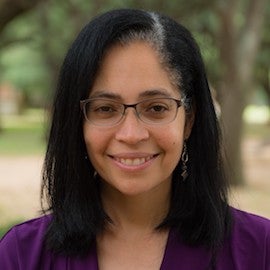
Dr. Jenifer Bratter - My work on race as a stratifying mechanism has explored how this realities are imprinted on health and health outcomes. My early work explored mental health differences across racial groups and several more recent projects explore dynamics of self-rated health as a global indicator of physical health as well as the tie between discrimination as a stressful experience and mental and physical health. Current projects also explore how mental health is related to the social psychological experience of racial identifying.
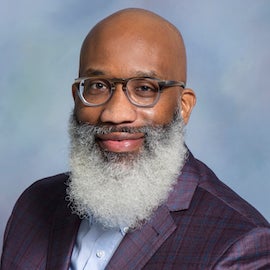
Dr. Tony Brown's research investigates how racism contributes to health, incarceration, education, and wealth disparities. His work shows that racism is a fundamental cause of who lives sicker and dies younger, never experiencing freedom, the disconnect between education and upward mobility, and unequal access to scarce resources.
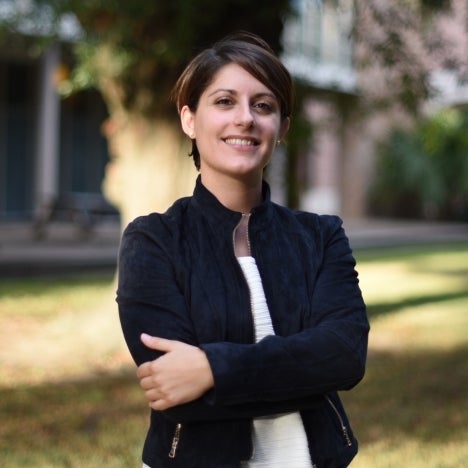
Dr. Rossella Calvi's areas of expertise are development economics, and the economics of the family and gender. Her research focuses on issues related to gender inequality, poverty, health and education in developing countries. Some of her recent work looks at intra-household resource allocation in South Asia and its effects on individuals' health and poverty. She is also interested in economic history and studies the role that historical institutions play in determining contemporary outcomes.
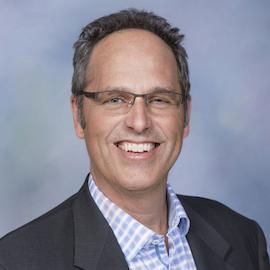
Dr. James R. Elliott conducts research on urban development, environmental processes and social inequalities. Recent work has focused on both industrial and natural hazards and how they unequally impact people and places across the United States.
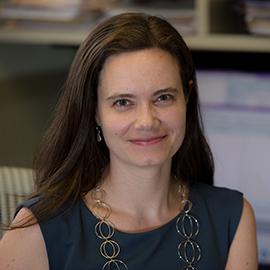
Dr. Rachel Kimbro’s work examines how neighborhood and family environments impact child health and wellbeing.
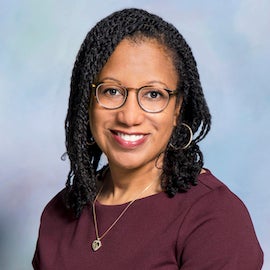
Dr. Chase Lesane-Brown’s research examines health care access among young adults diagnosed with sickle cell disease during their transition from pediatric to adult health care. More broadly, she is interested in the process of parent-child communication about health and coping mechanisms children diagnosed with a chronic illness use.
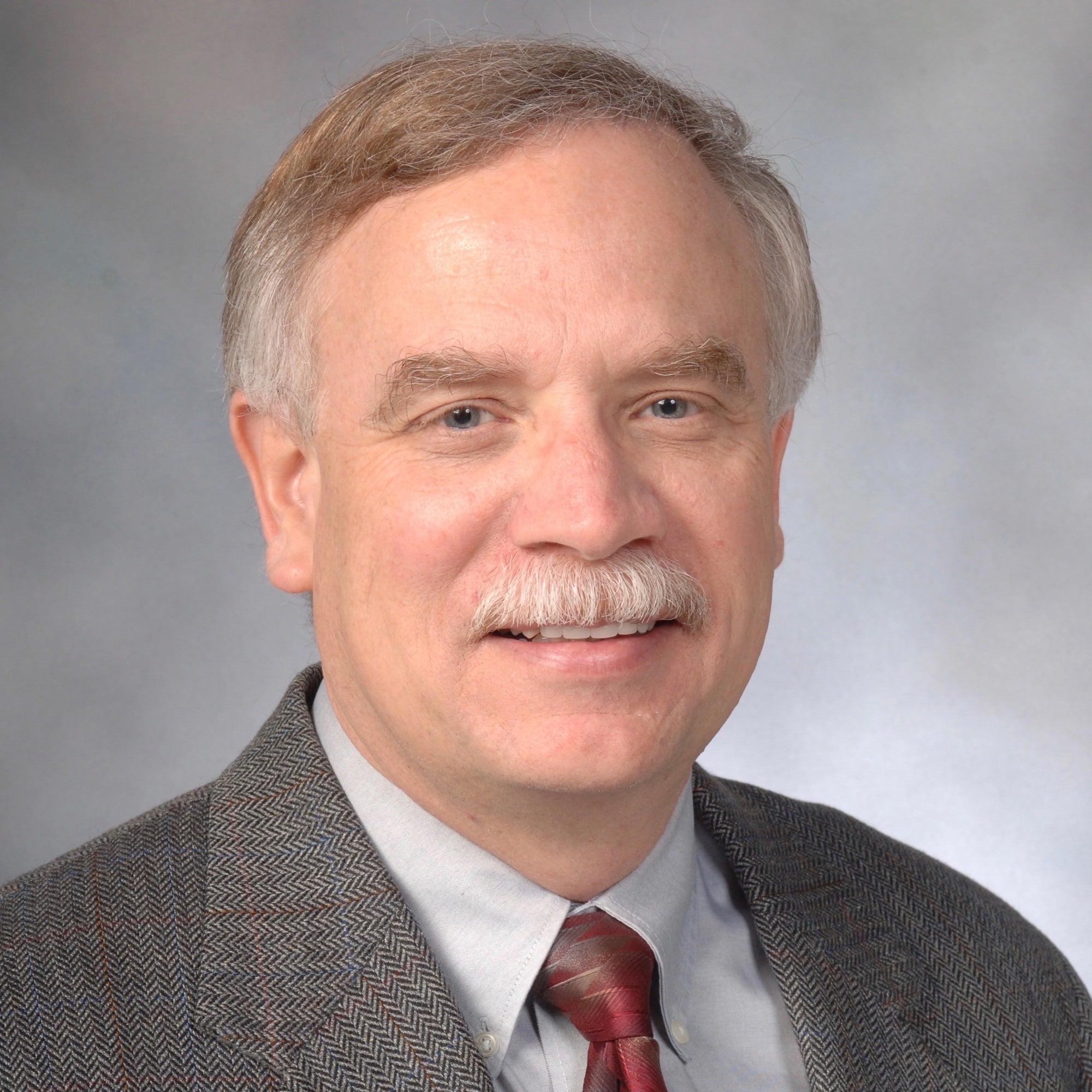
Dr. George Zodrow’s research focuses on tax policy, including analyses of the macroeconomic and distributional effects of tax reforms using a computer simulation model constructed with John Diamond of the Center for Public Finance at the Baker Institute. This work includes analysis of how the distributional effects of carbon taxes across households at different income levels vary depending on how the revenues are utilized.
